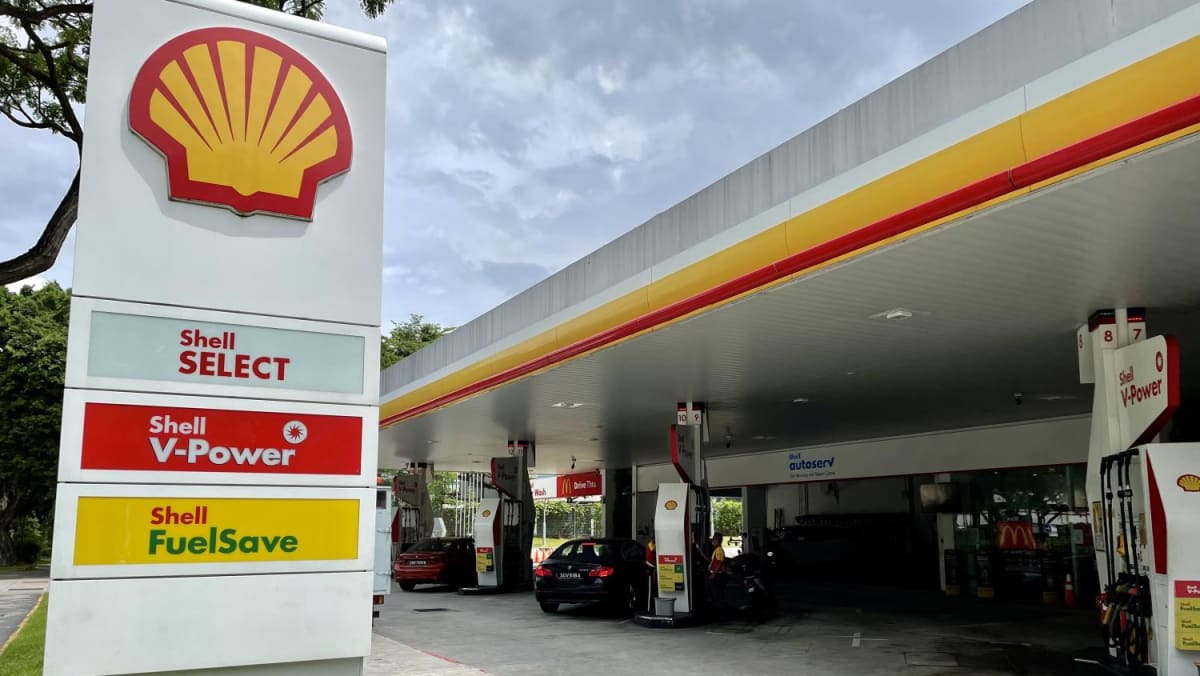According to a Mckinsey & Company report, the global value of forecourts – which refers to the open area in front of the petrol station – is estimated to increase from US$22 billion in 2019 to US$30 billion in 2030. These gains could help to offset the decline in the fuel retail value pool, the report said.
In Singapore, oil and gas companies like ExxonMobil, which owns the Esso brand, and Chevron are already monitoring current consumer purchase behavior and working with partners to provide new retail options such as bubble tea outlets, bakeries, car washes and car workshops at selected service stations.
Despite this, the share of operating profits for non-fuel retail in Asia is still very low compared to Western countries, according to EY’s head of oil and gas for Asia-Pacific Sanjeev Gupta.
“In European and North American economies, the share of operating profits for non-fuel retail is up to 40 to 50 per cent, while in Asian economies, it is significantly lower at less than 10 per cent. Hence there is a significant market with upside potential,” he said.
“Retailers at fueling stations today already have the capability to collect huge amounts of data at their sites,” he said.
“By integrating store and point-of-sale data with third-party data from financial services, telecommunications and social media firms, and comparing it at a postal code level, this large dataset can profile the exact demographics of customers visiting a store.”
This includes the customer’s age, income, driving patterns and shopping style, which could help fuel retail companies to better create a customized retail experience at each station.
GOING ELECTRIC
As the world prepares for an EV boom, major oil and gas companies are also placing their bets on cleaner energy and setting their sights on charging infrastructure companies to remain relevant in the market.
Gaining operational control and owning a significant number of existing EV charging points would allow them to grow their consumer base.
While the value of EV charging may still be negligible today, it is estimated to reach £14.55 billion (S$24.7 billion) by 2030, according to McKinsey & Company.
With plenty of other players willing to tap into this revenue stream, fuel retailers will need to venture beyond their traditional capabilities to remain relevant.
Last year, oil giant Shell acquired charge point operator Ubitricity, adding 2,700 charge points in the UK and 1,500 charge points across the rest of Europe to its ever-growing charging network.
It also opened its first EV charging hub in the UK in Fulham, London, replacing the petrol and diesel pumps at the existing fuel station with nine ultra-rapid charge points rated at 175kW each. These are capable of charging most vehicles up to 80 per cent capacity within 30 minutes.

